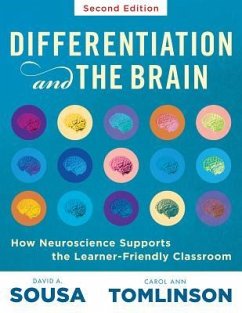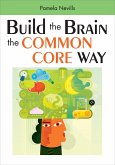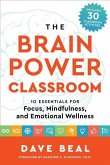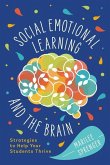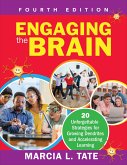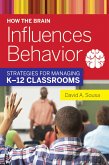Students are becoming more academically and culturally diverse, making it more important than ever to shift away from a one-size-fits-all approach and toward differentiated instruction. The second edition of this best-selling book will help you create truly effective, brain-friendly classrooms for all learners. The authors share an array of updated differentiated instruction examples, scenarios, and exercises, as well as the latest educational psychology research from cognitive psychology, neuroscience, and pedagogy. Learn more about teaching diverse learners using brain-based learning strategies: * Explore how the brain learns and approaches to differentiated instruction. * Sharpen your knowledge of developmental cognitive neuroscience and educational psychology to teach the best content in the best possible way. * Use the knowledge of educational neuroscience (neuroeducation) to benefit the students you teach. * Design and implement strategies for effective differentiated instruction. * Create a positive and productive learning environment that supports diversity in the classroom. A joint publication of ASCD and Solution Tree Contents: Introduction Chapter 1: The Nonnegotiables of Effective Differentiation Chapter 2: Mindset, Learning Environment, and Differentiation Chapter 3: Curriculum and Differentiation Chapter 4: Classroom Assessment and Differentiation Chapter 5: Differentiating in Response to Student Readiness Chapter 6: Differentiating in Response to Student Interest Chapter 7: Differentiating in Response to Student Learning Profile Chapter 8: Managing a Differentiated Classroom References and Resources Index
Bitte wählen Sie Ihr Anliegen aus.
Rechnungen
Retourenschein anfordern
Bestellstatus
Storno

